October 2025, marked the 80th anniversary of the Fifth Pan-African Congress, held in Manchester, England in 1945. Taking place after World War II, after the completion of the “carving” up of the world among the imperialist powers, the colonized peoples began in earnest to struggle for their liberation from colonial oppression. Activists, scholars, working class leaders and others, saw the urgent need to collaborate, discuss, and escalate their approach to solving their common socioeconomic problems against a common enemy, colonialism. The Fifth Pan-African Congress brought together a roster of anticolonial figures such as Kwame Nkrumah, Amy Ashwood Garvey, CLR James, Jomo Kenyatta and George Padmore, among others.
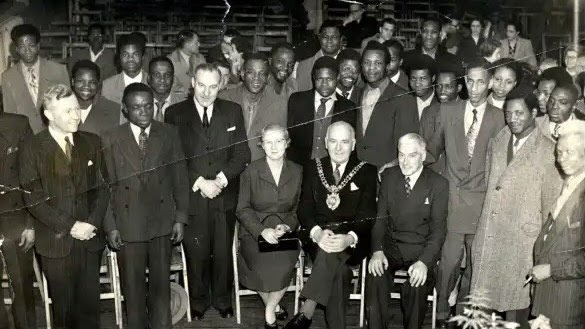
Some of the participants of the Fifth Pan-African Congress - Photo: Peoples Dispatch
Post-Slavery Activism and The Struggle for Independence
The abolition of slavery within the United States and the continued oppression of the peoples of the colonies, raised new and perplexing questions for those concerned with social justice. The impact of white supremacy, the control and plunder of the Natural Resources of the colonized countries, and the erosion and destruction of native cultures, all required urgent and decisive actions, to end colonial domination. Because of the interconnectedness of the struggle for Black Liberation within the United States and the struggle for independence within the colonies, there emerged a cooperation between those on the Continent of Africa and those in the diaspora.
The vision for a united Africa had a goal that would see Africa’s former sons and daughters returning to the Continent to develop and control its resources. Martin Robinson Delany, Robert Campbell, and Marcus Garvey all shared the same view for a united Africa. The First Pan-African Congress of 1900 was held in London and was attended by W.E.B. DuBois, where he presented a speech Titled: “Address to the Nations of the World.” This was a groundbreaking speech, because it brought to the fore the importance of elevating and broadening the narrow racial struggle to that of an anti-colonialist/antiimperialist political struggle. The highlight of the Congress however, was the Document of the proceedings edited by Trinidadian activist George Padmore titled: “Colonial and Coloured Unity: A Programme of Action History of the Pan-African Congress.
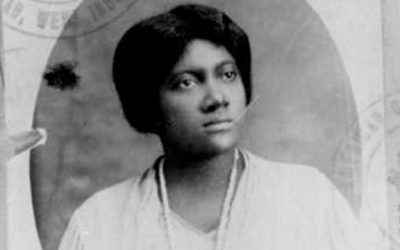
The late Amy Ashwood Garvey, first wife of Marcus Garvey - Photo: ourhistory.org.uk
Pan-Africanism and Class Consciousness
“The Challenge to the Colonial Powers” is a statement developed by the Congress that was a very revolutionary document for its time; it clearly outlined the status of Black people globally, the socioeconomic impact of colonialism on the oppressed peoples of the world, and an end to global white supremacy. One can reasonably argue that the Congress and its final declaration helped spurred the ideological impetus and organizational thrust that resulted in Ghana’s independence in 1957, which in turn produced a “domino effect” for several other African colonies becoming independent. A wave of National Liberation struggles spread across the Continent of Africa, not the least of them being those in the Southern part of Africa especially in Angola, Mozambique, Namibia, and South Africa (Azania), where the spread of the Afrikaner settler apartheid regime ruled and terrorized the region for decades.
The following statement taken from the document signaled the ideological evolution of Pan-Africanism:” We condemn the monopoly of capital and the rule of private wealth and industry for private profit alone. We welcome economic democracy as the only real democracy.” This statement not only broadens the scope of the Pan-Africanist struggle but highlights the focal point for further success of the Movement. Noted social justice activist and Pan-Africanist, the late Kwame Ture (Stokely Carmichael) said, that he supports Pan-Africanism under a socialist economy – “economic democracy -.“ Moses Kotane of the African National Congress (ANC) of South Africa, recognized the importance and interconnectedness of the struggle for National and Black Liberation: “There can be no working class victory without Black Liberation and no Black Liberation without the destruction of capitalism in all its forms.”
In this age of globalization and the further concentration of capital in fewer and fewer hands; the increase of intervention and militarization; the devastating socioeconomic effects of Climate Change in the countries of the Global South, Pan-Africanism must adopt to the new global conditions. Its focus must be broadened and scientifically analyzed. The narrow nationalistic approach must yield to and be aware that the struggle for racial liberation must be connected to a broader struggle against capitalism in all its forms, and resist neocolonialism and the hegemony of empire.
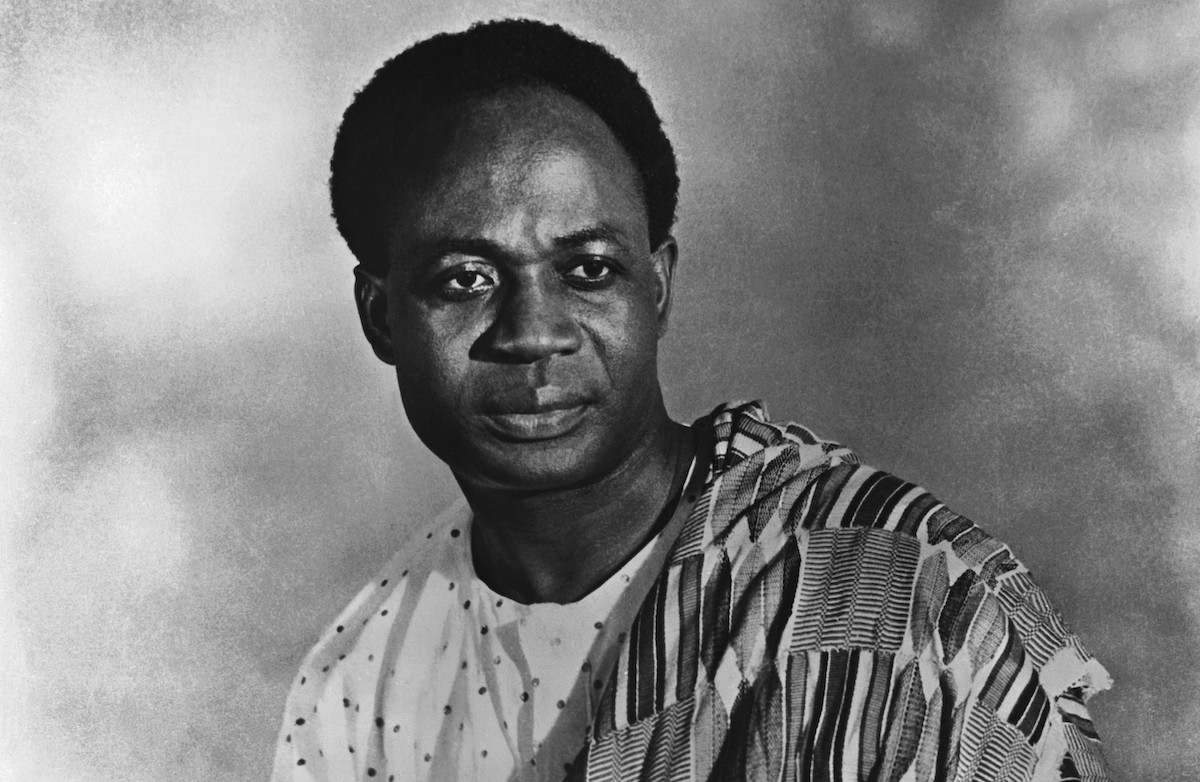
The late Dr. Kwame Nkrumah, first President of independent Ghana - Photo: thisisafrica.me
Grounds for Hope
Pan-African unity over the decades have seen successes and failures. In its earliest forms Guinea, Ghana, Mali, and some other countries of the region were members of the Union of African States. Today Burkina Faso, Niger and Mali have formed the Alliance of Sahel States (AES), and there are rumblings that some other States of the region are showing an interest in joining this union. Solidarity has been spreading against foreign intervention in the West African States once controlled by France. The Western powers had tried to start a proxy war in Niger through their puppet the Economic Commission of West Africa (ECOWAS); ECOWAS also issued an “ultimatum” for the ousted Nigerian leader Mohamed Bazoum to be reinstated. The “ultimatum” fell on “deaf” ears, partly because of solidarity between the Sahel States and local activism from the population.
The continued development of world multipolarity has weakened the West’s stranglehold on the former colonies; the West is desperate for new “spheres of influence,” and new sources for the exploitation of natural resources. The Continent of Africa is on their agenda and has always been. There is a new Movement taking place on the Continent coming especially from a younger generation. This generation has seen and studied what past leaders who have collaborated with the enemy have done to their country, singularly and as a collective. Through social unrest including mass demonstrations, they are expressing opposition to continued foreign domination, exploitation of their natural resources and worsening of their socioeconomic condition by Climate Change catastrophes.
As a unified collective with a sense of vision and purpose, and a determination to put an end to capitalism’s stranglehold on the Continent, present-day Pan-Africanism can serve as a catalyst for the global weakening of capitalism and its replacement with a society of peace, working-class democracy, and progressive social progress.
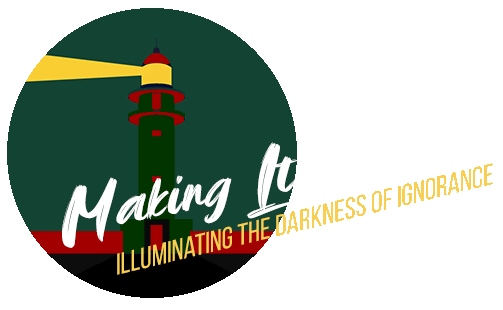
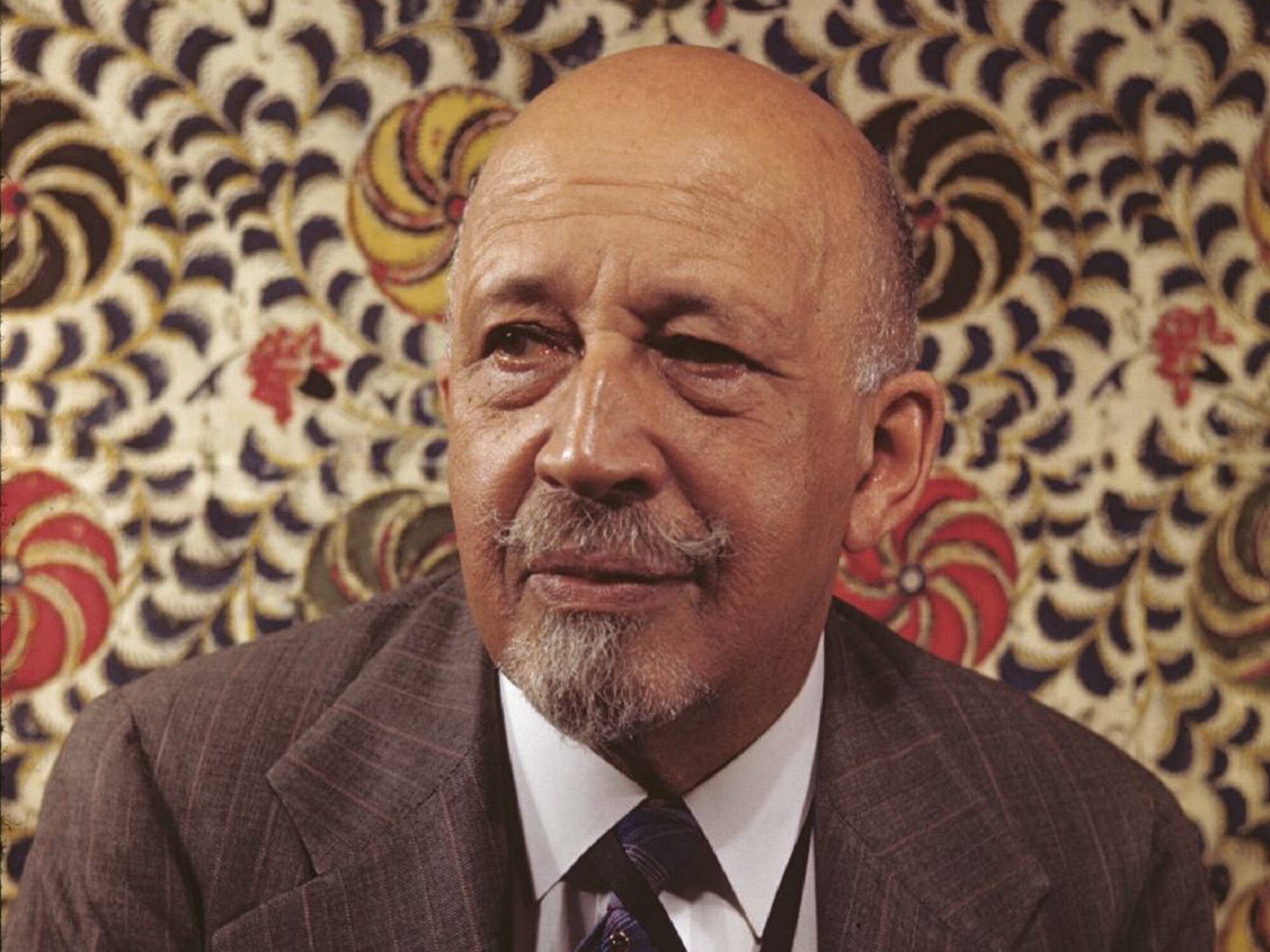
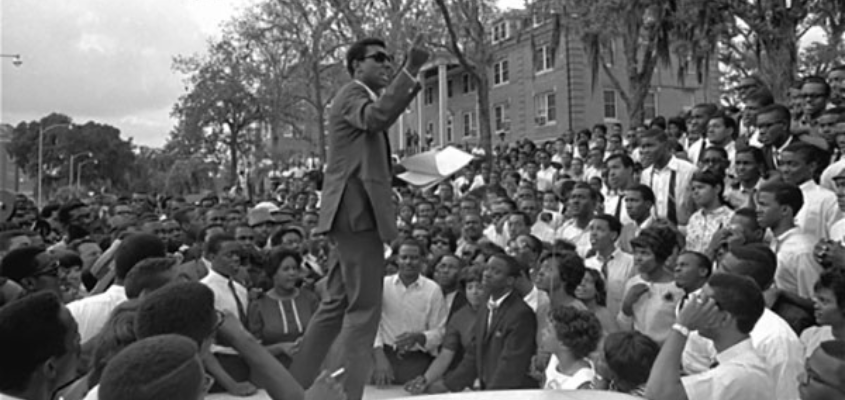
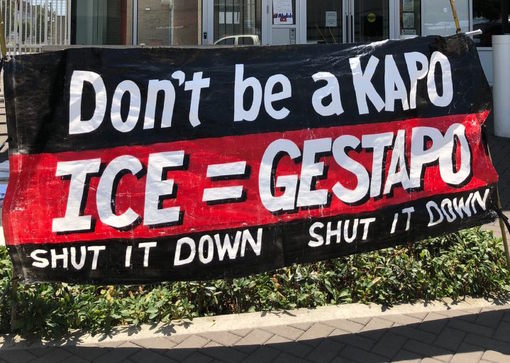
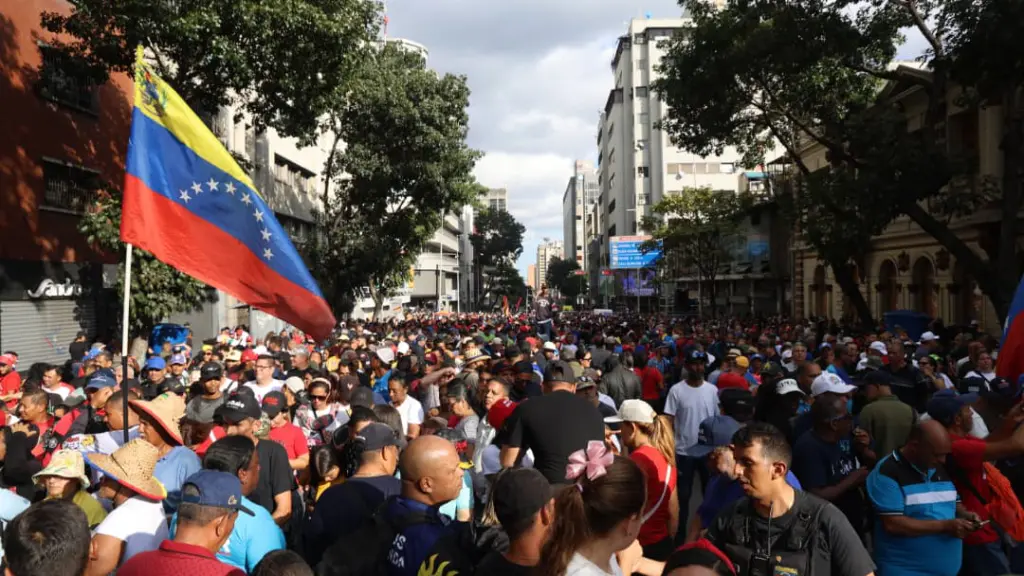


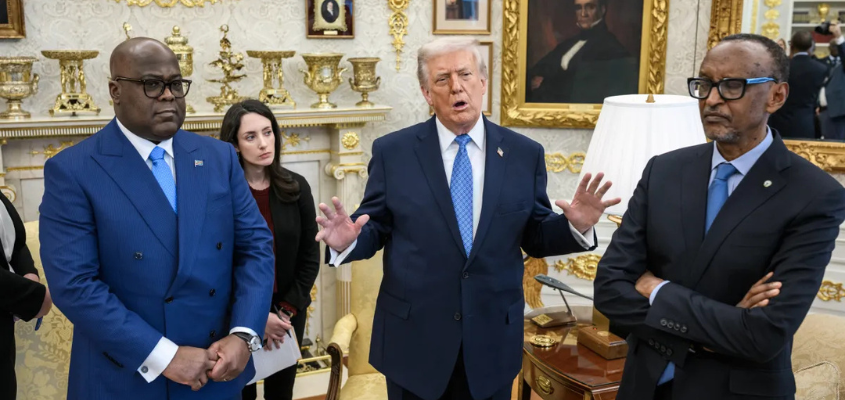
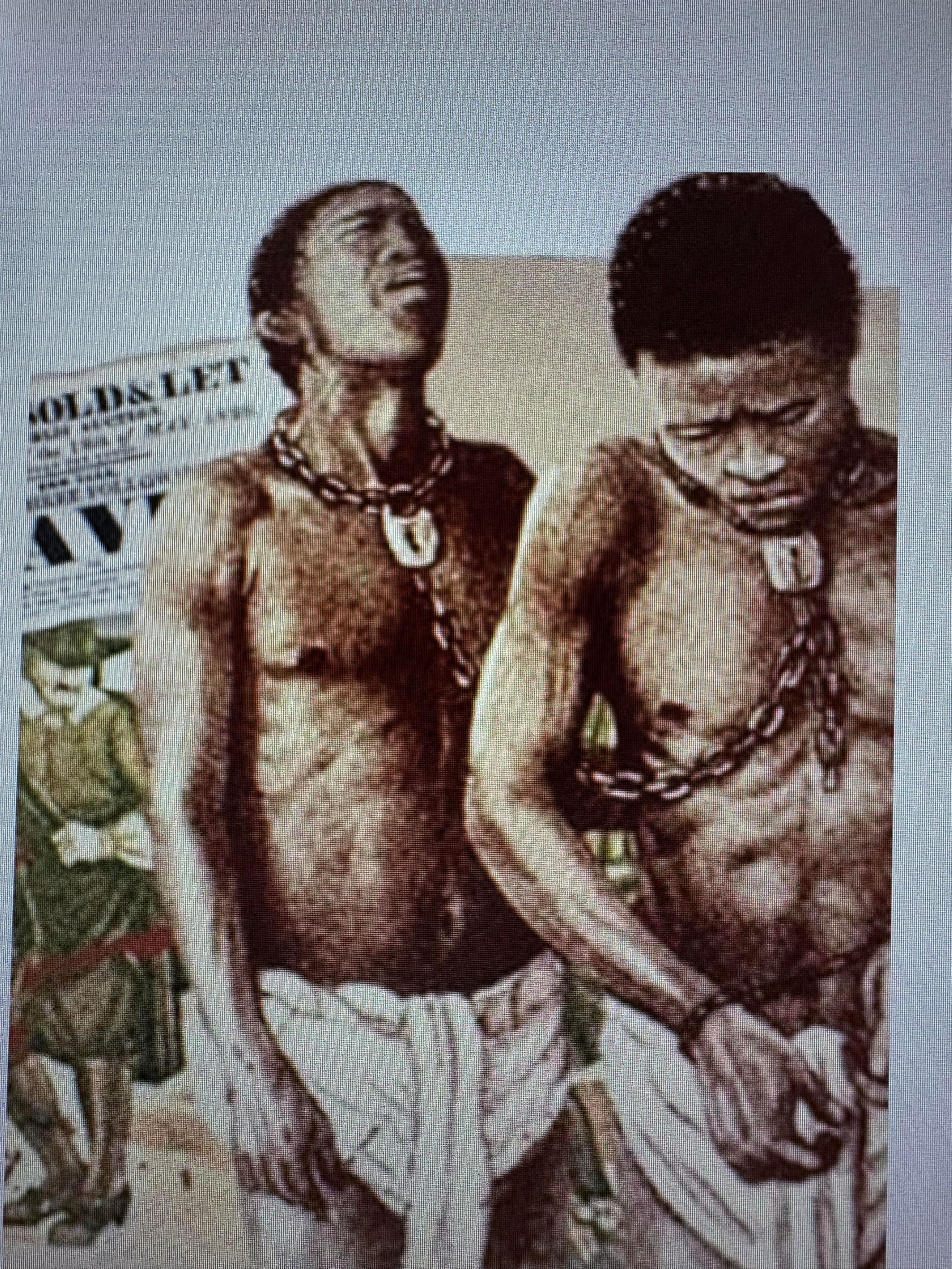

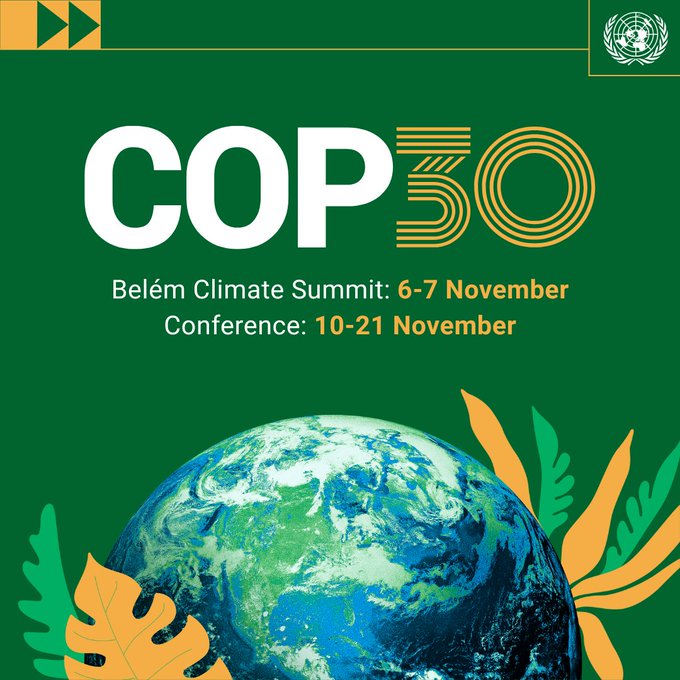



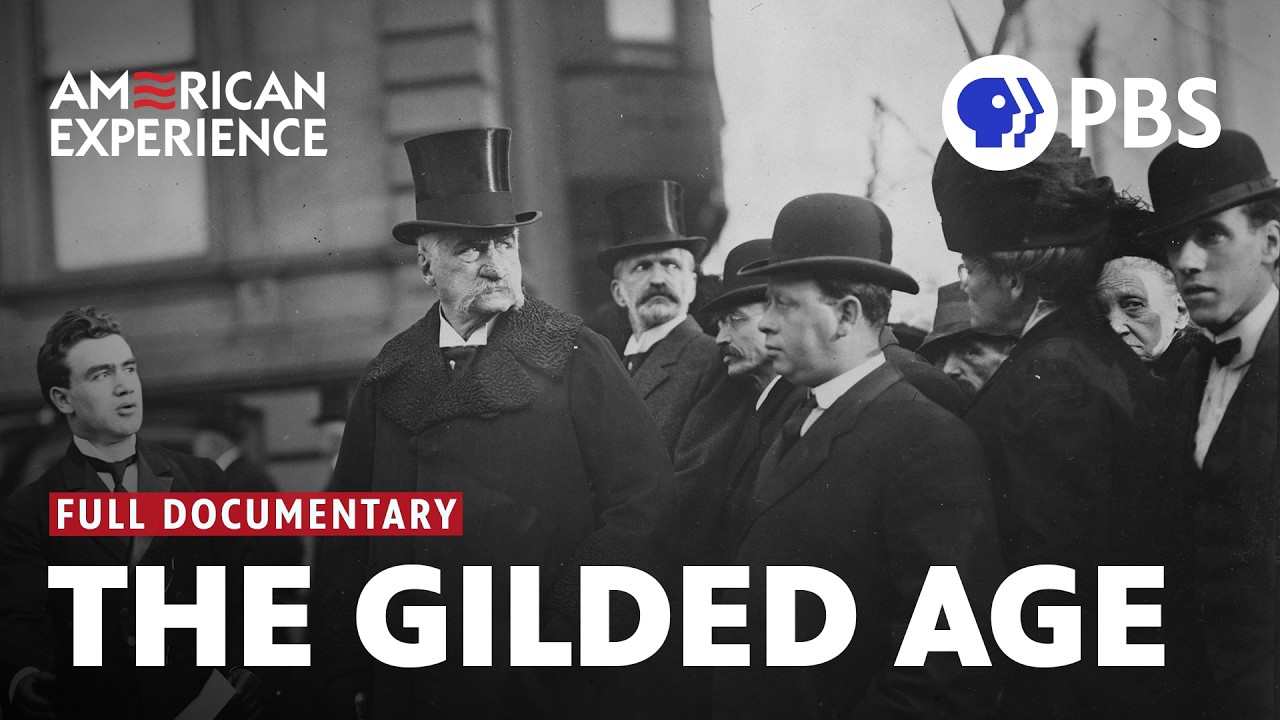


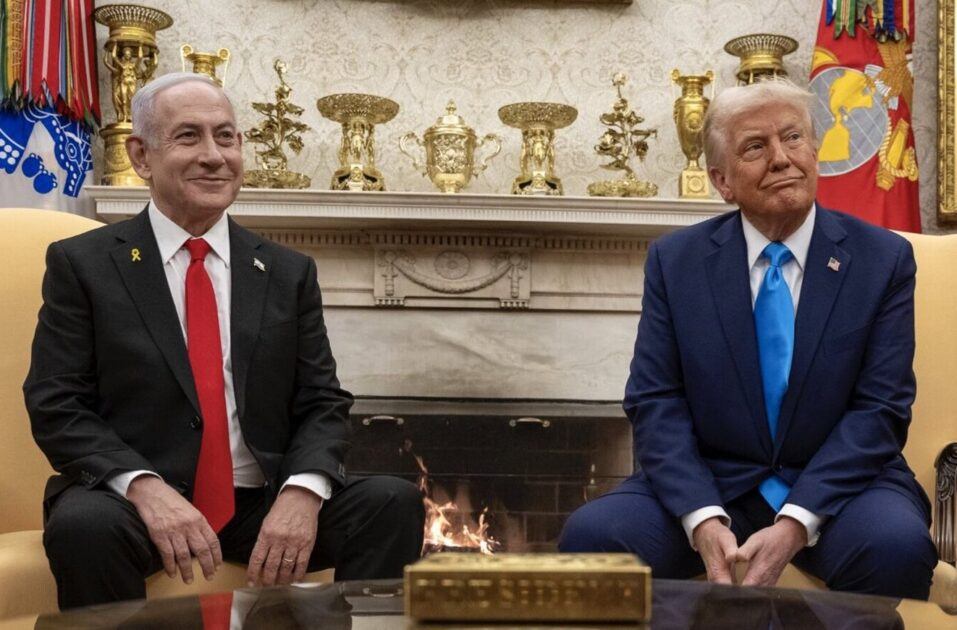


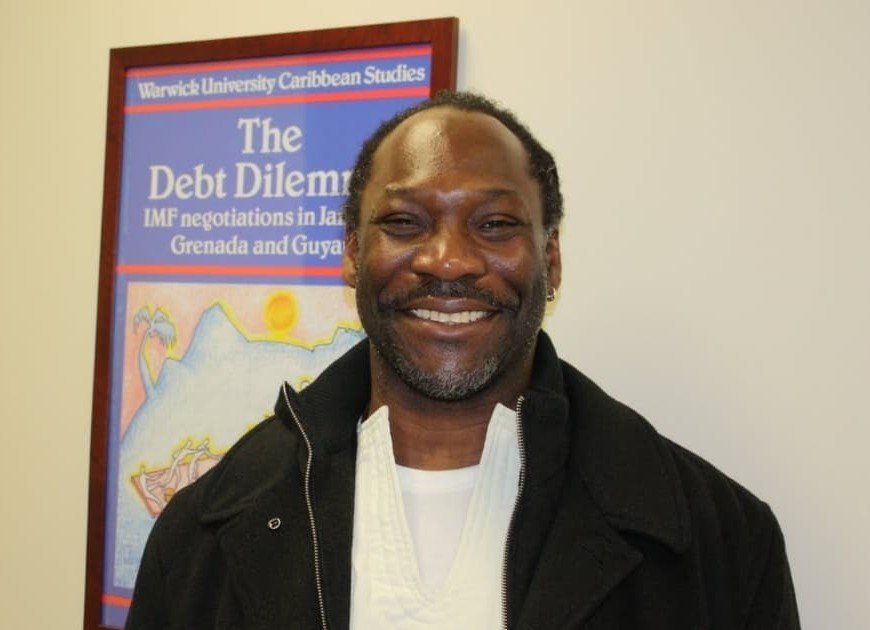

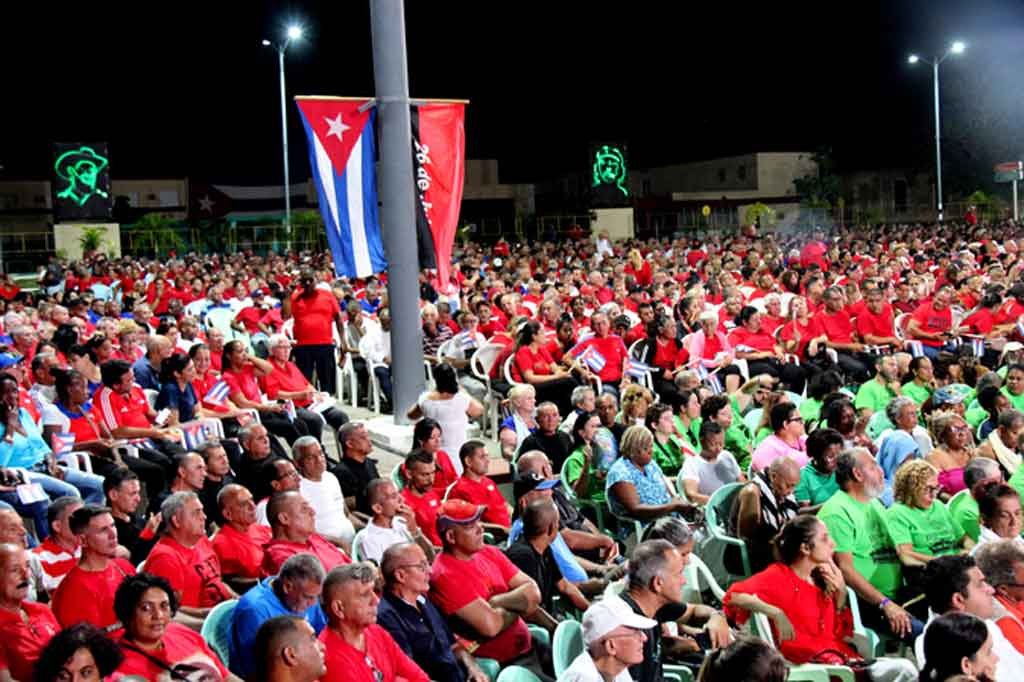
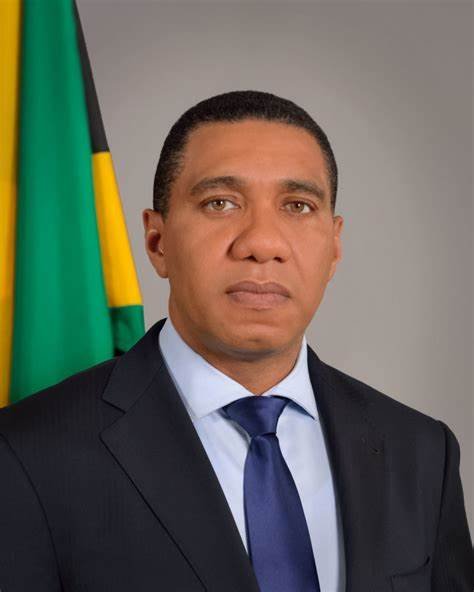
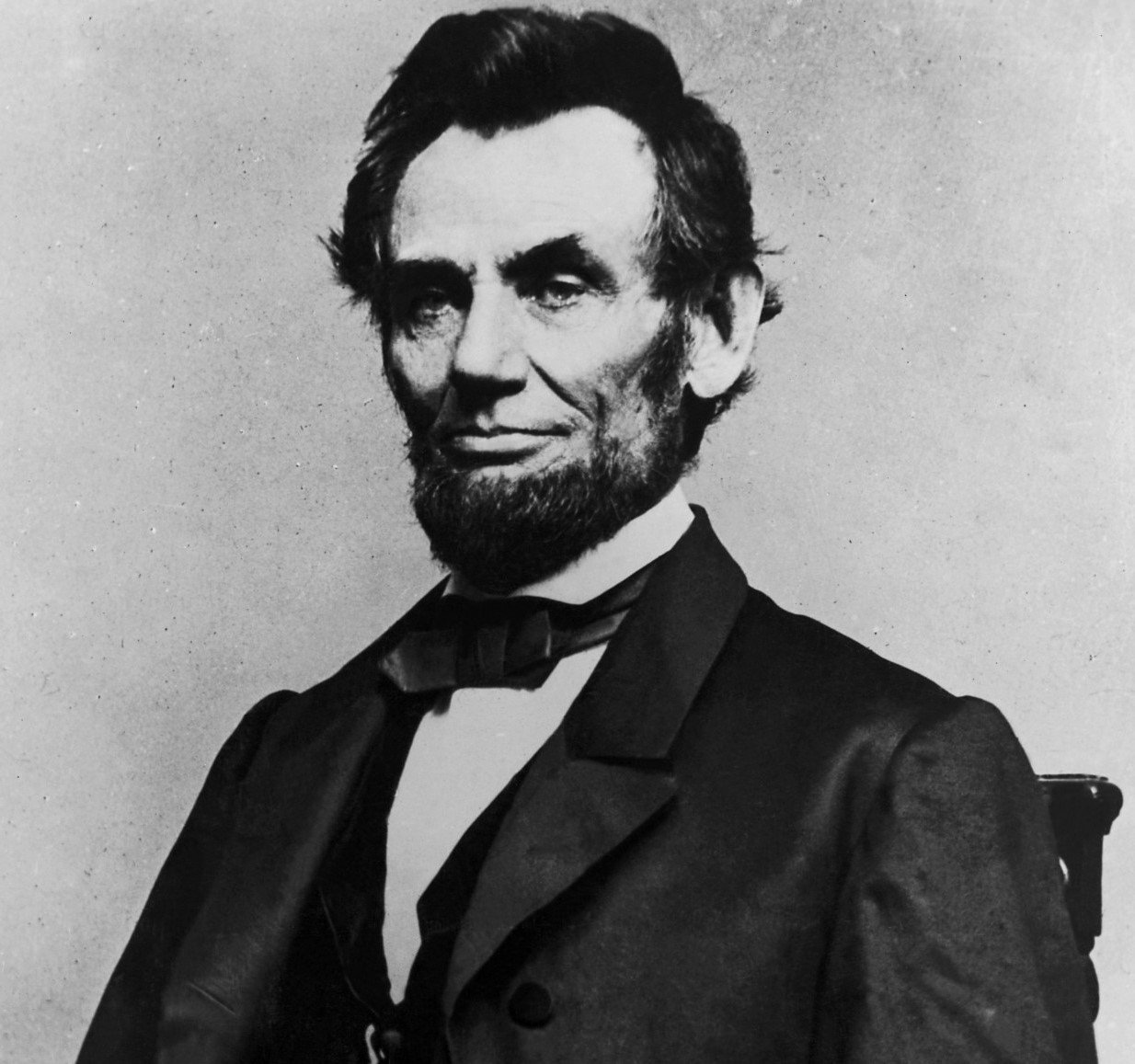
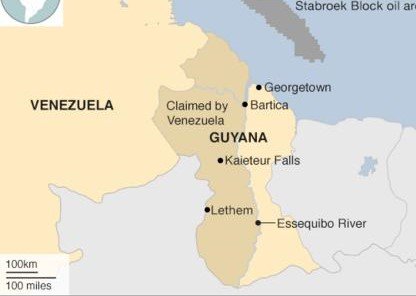
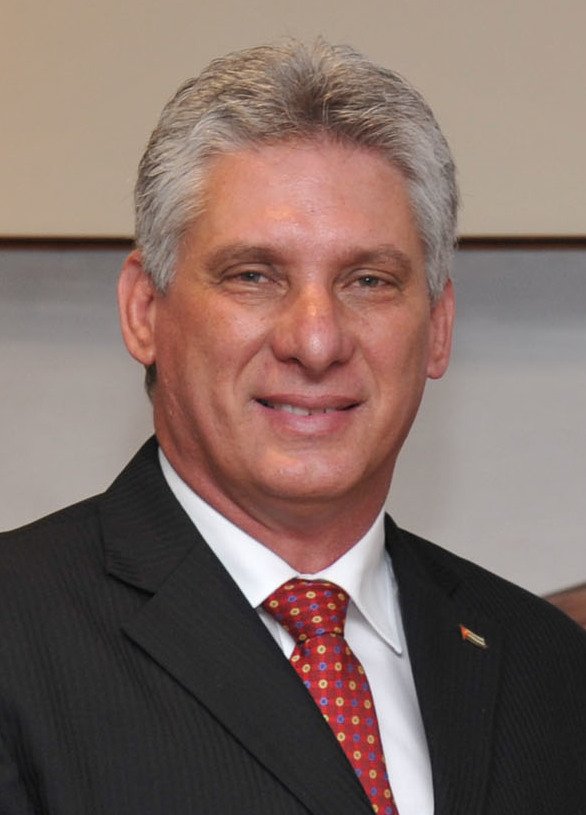
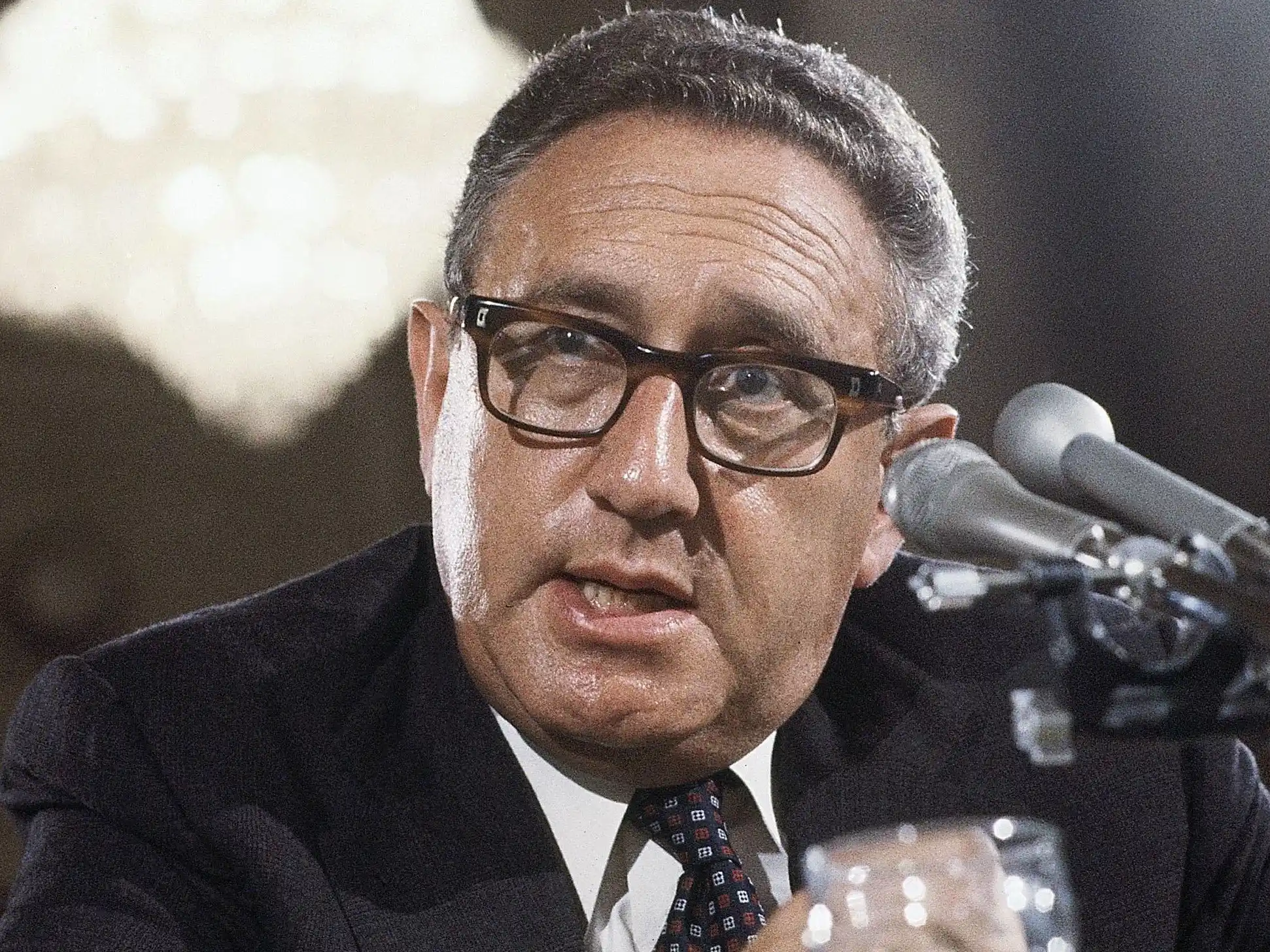
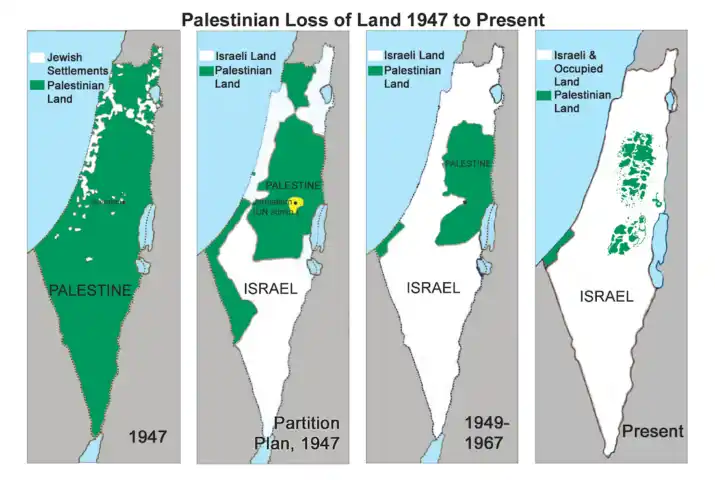
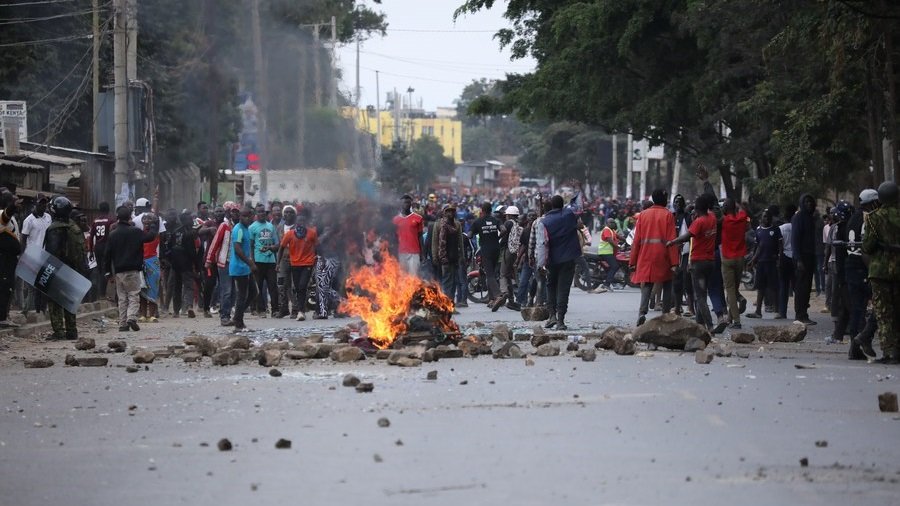
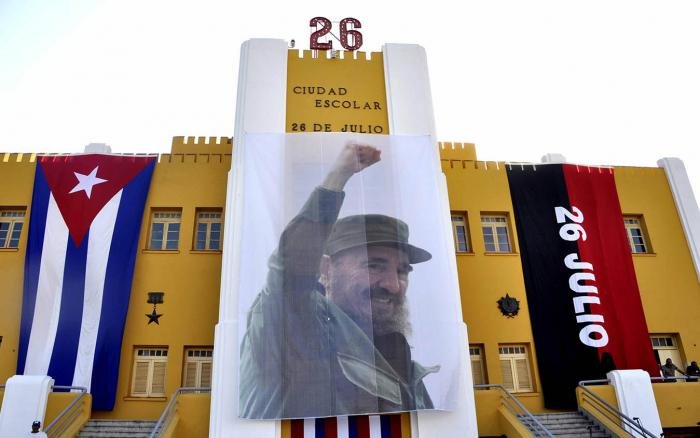
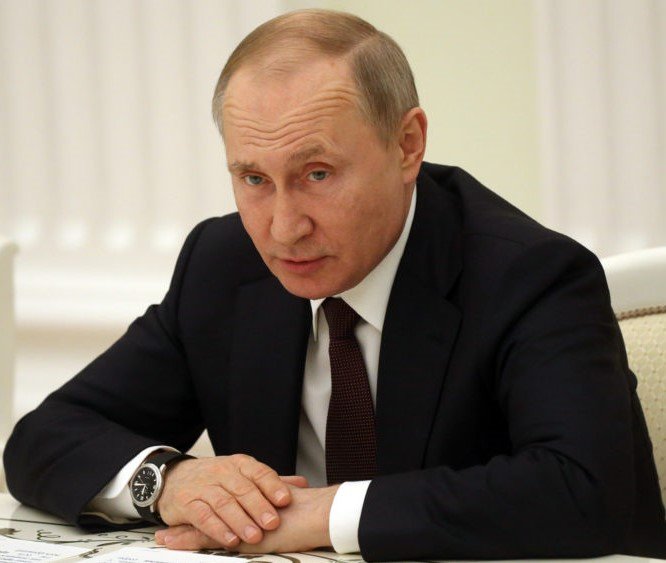
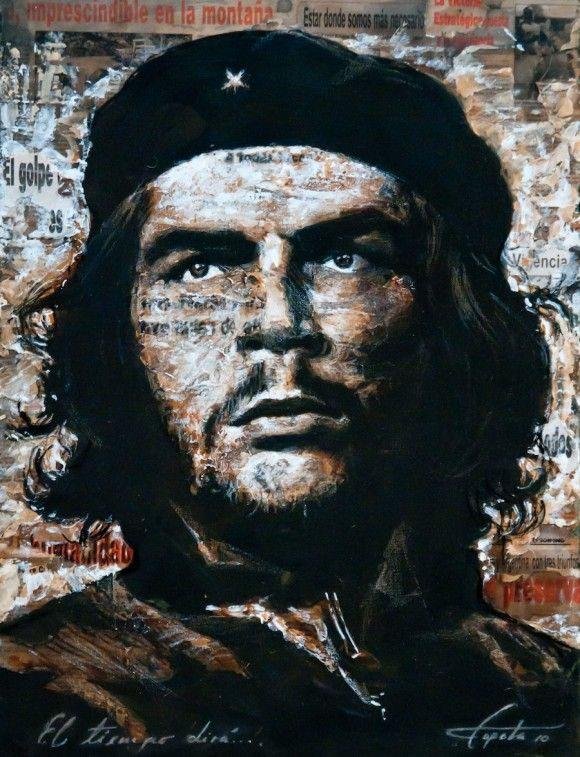
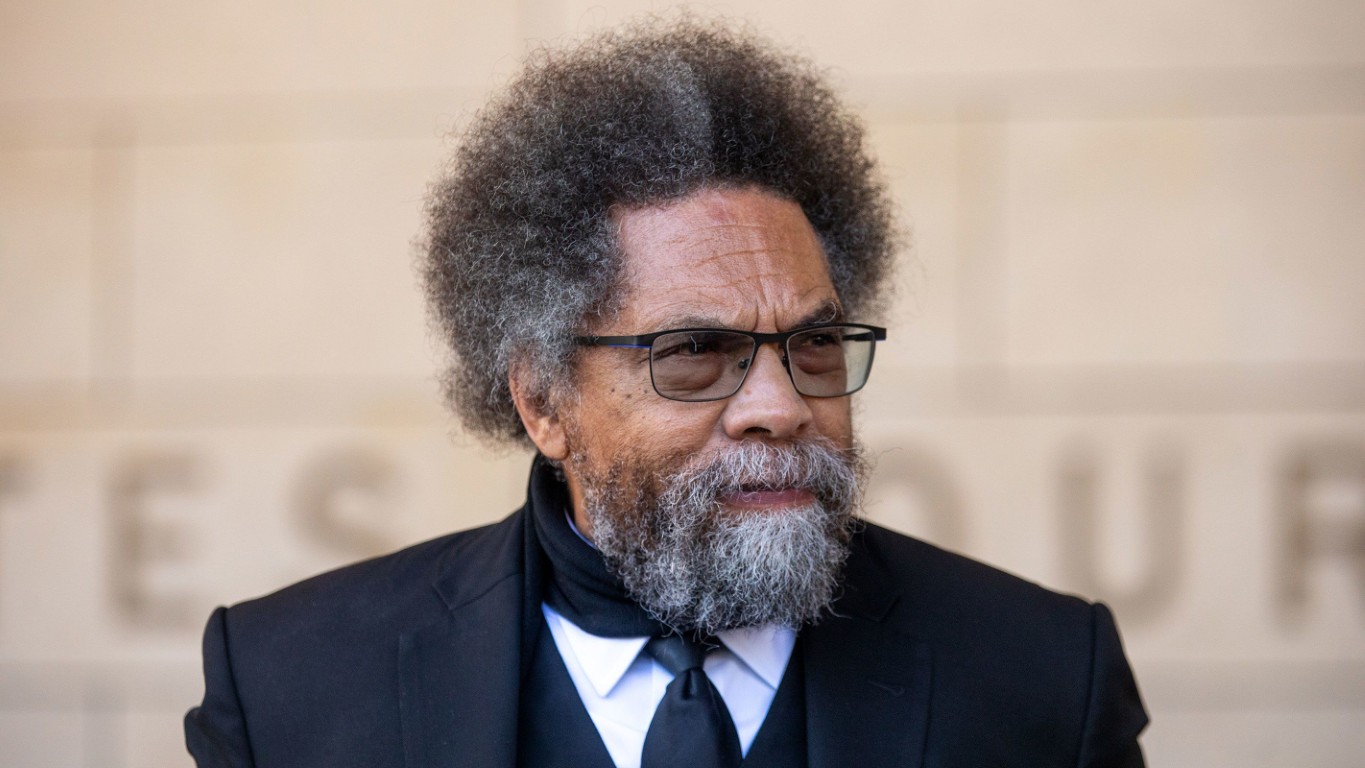
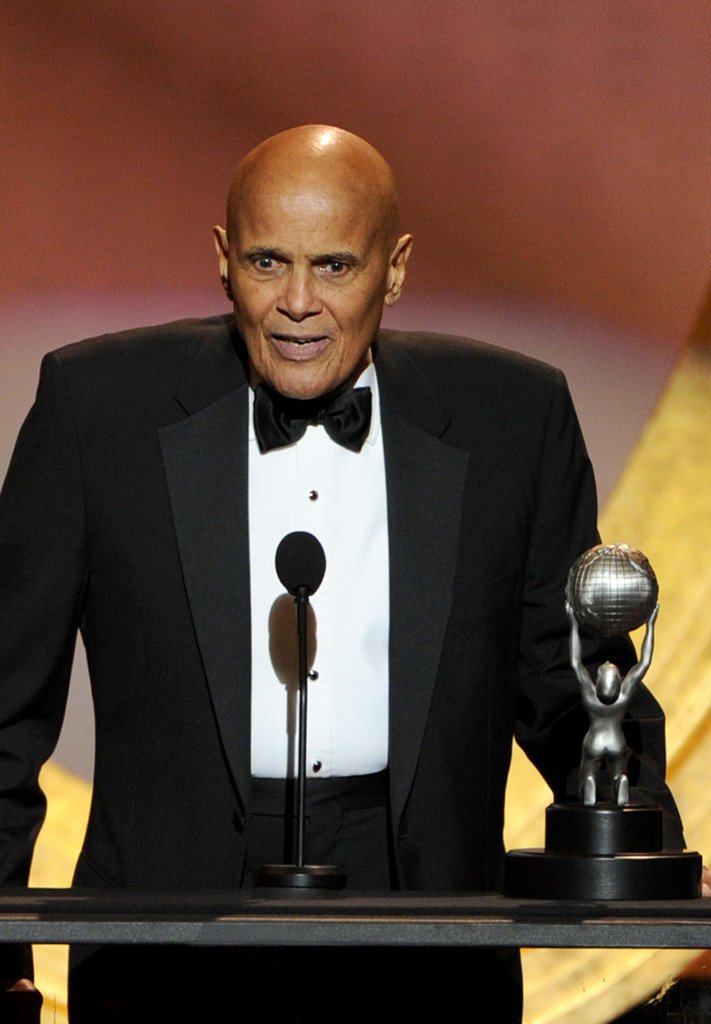

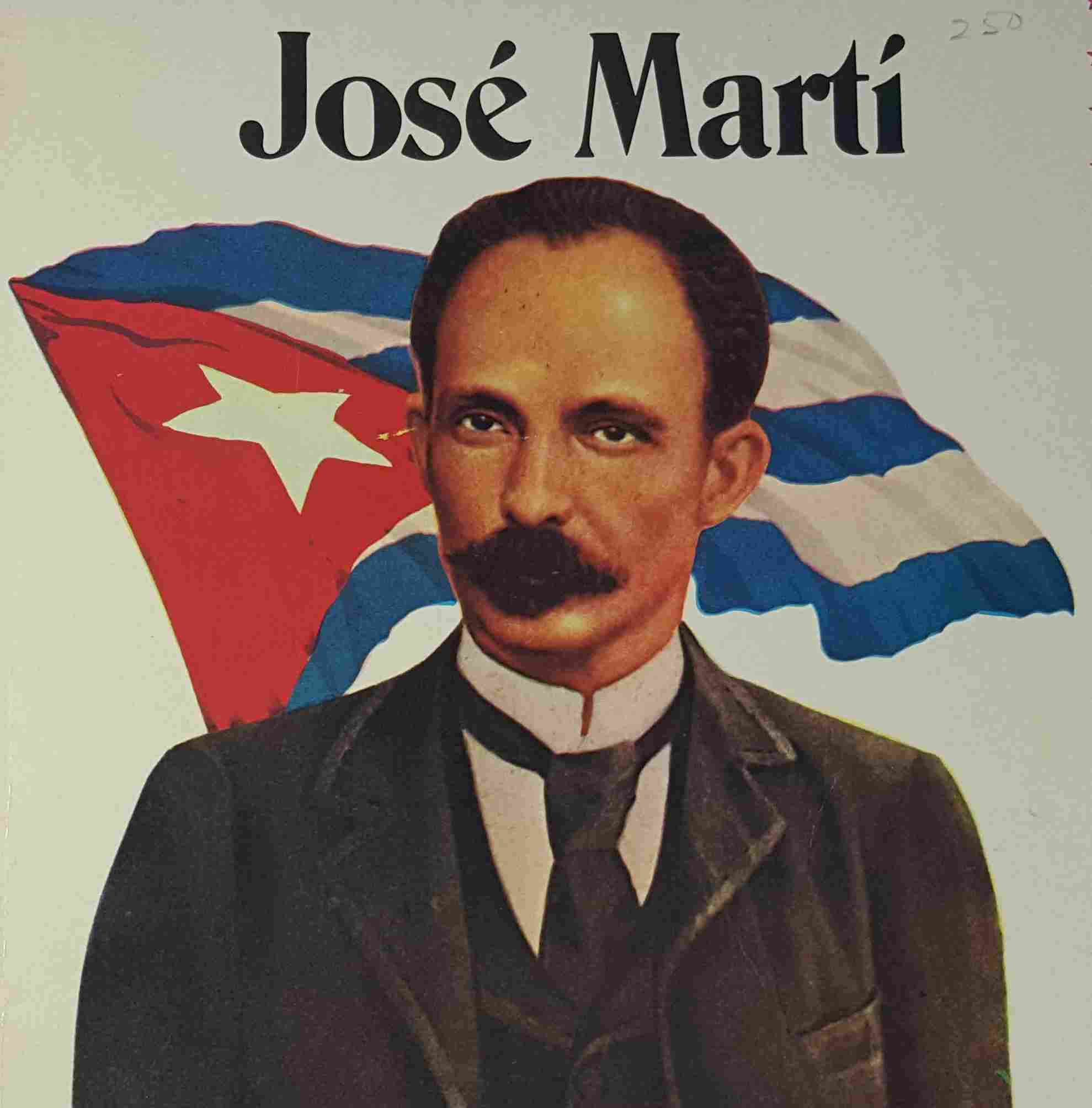
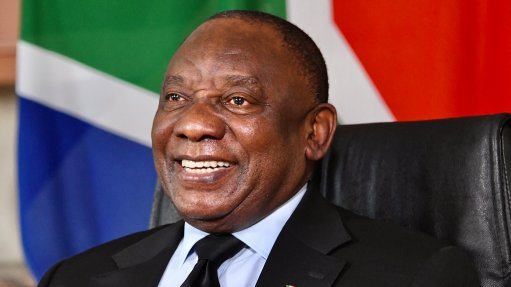

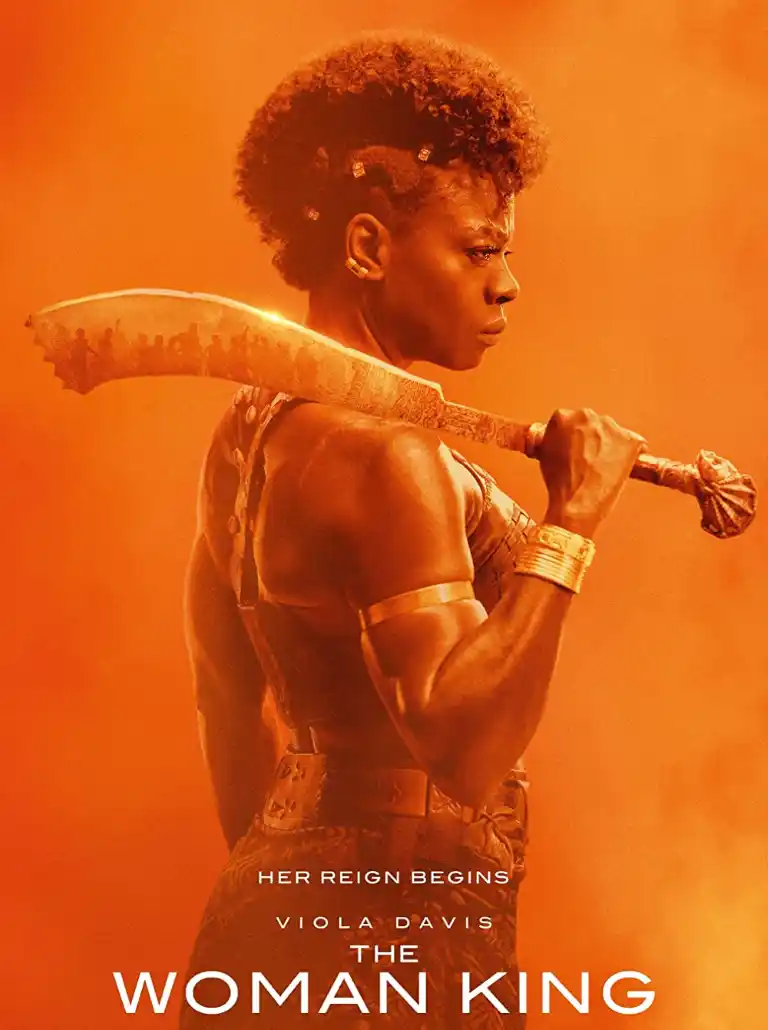
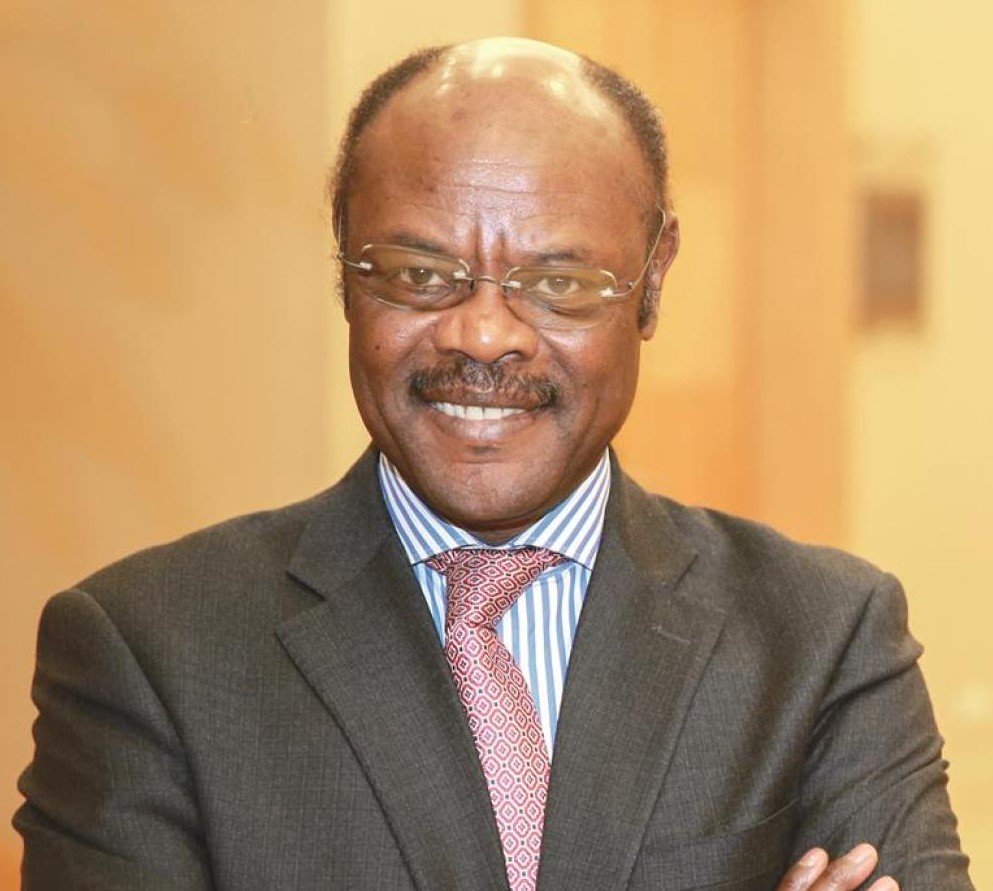
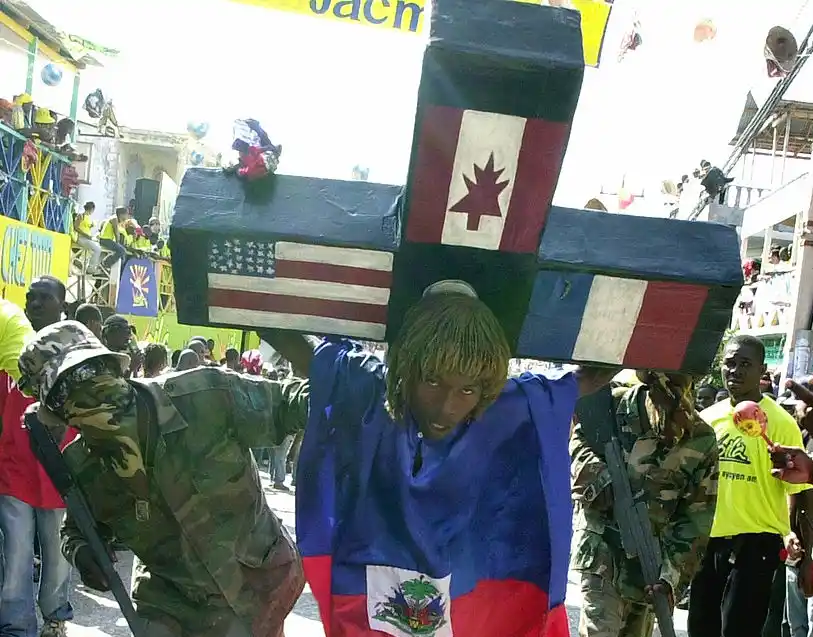
Share with your network